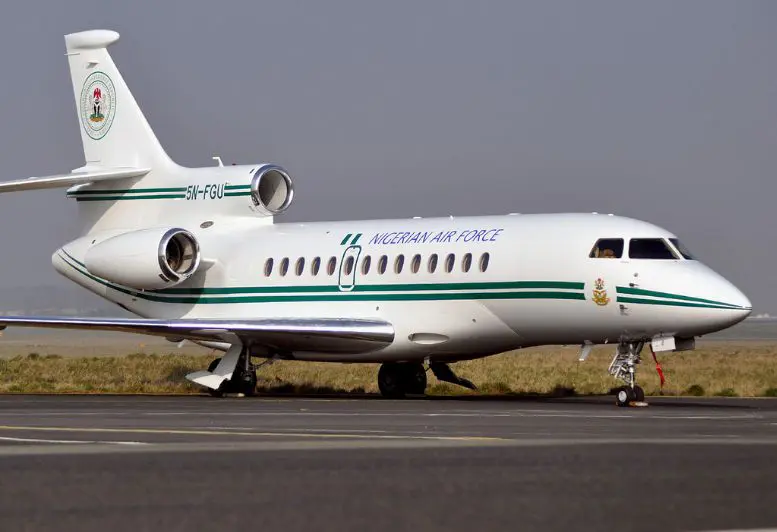The Nigerian House of Representatives Committee on National Security and Intelligence has ignited public fury by recommending the purchase of two new aircraft for President Bola Tinubu and Vice-President Kashim Shettima. The committee’s report, based on an investigation into the current status of the presidential air fleet, argues that new aircraft are necessary to ensure the safety and operational efficiency of the nation’s leaders.
The recommendation has drawn sharp criticism from Nigerians, who view it as an extravagant expenditure during a time of severe economic challenges. Many citizens expressed their discontent, noting the government’s inability to meet basic needs, including a proposed increase in the national minimum wage from ₦62,000, a figure the government claims it cannot afford.
Prominent voices, including the Peoples Democratic Party (PDP) and the Nigeria Labour Congress (NLC), have condemned the proposal as insensitive and disconnected from the realities faced by ordinary Nigerians. The PDP’s National Publicity Secretary, Debo Ologunagba, emphasized the need for the government to lead by example and cut down on luxury expenses. Similarly, the NLC’s spokesperson, Benson Upah, criticized the ruling elite’s prioritization of luxury over the necessities of the people.
The debate was fueled by recent reports of faulty aircraft in the presidential fleet, which forced President Tinubu to charter a plane for a recent international trip. Despite these concerns, critics argue that the current economic climate demands a more judicious use of resources, with some suggesting that the president should travel via commercial aircraft to save costs.
Former Anambra State Governor and 2023 presidential candidate, Peter Obi, also weighed in, describing the plan as a clear display of insensitivity to the suffering of Nigerians. He urged the government to focus on alleviating the people’s hardships rather than indulging in luxury.
The controversy underscores the broader dissatisfaction with the government’s spending priorities, highlighting a disconnect between the leadership and the populace during a time of widespread economic distress.
